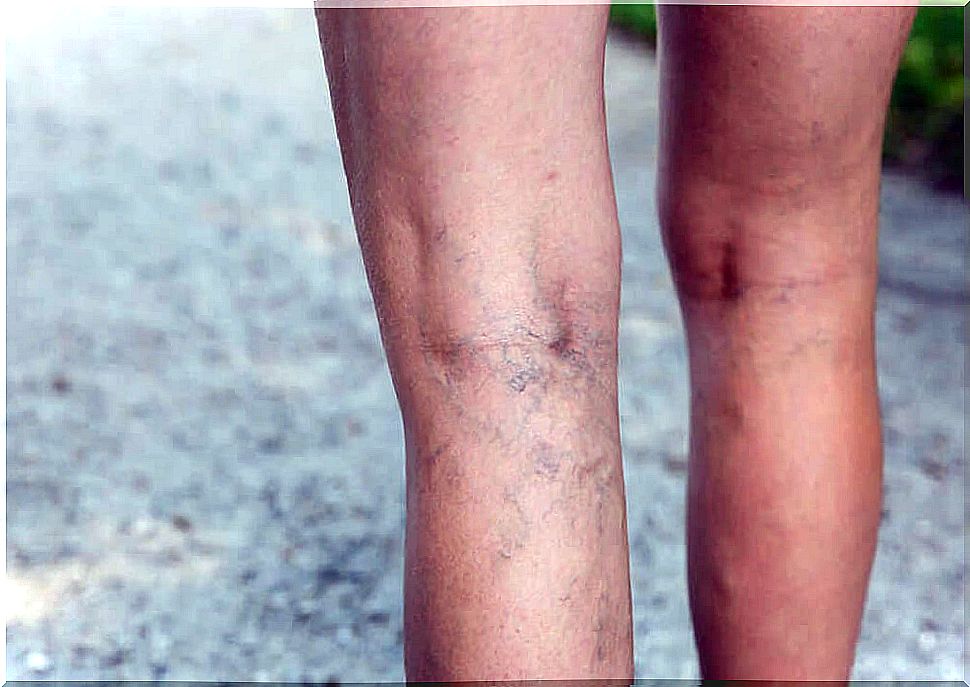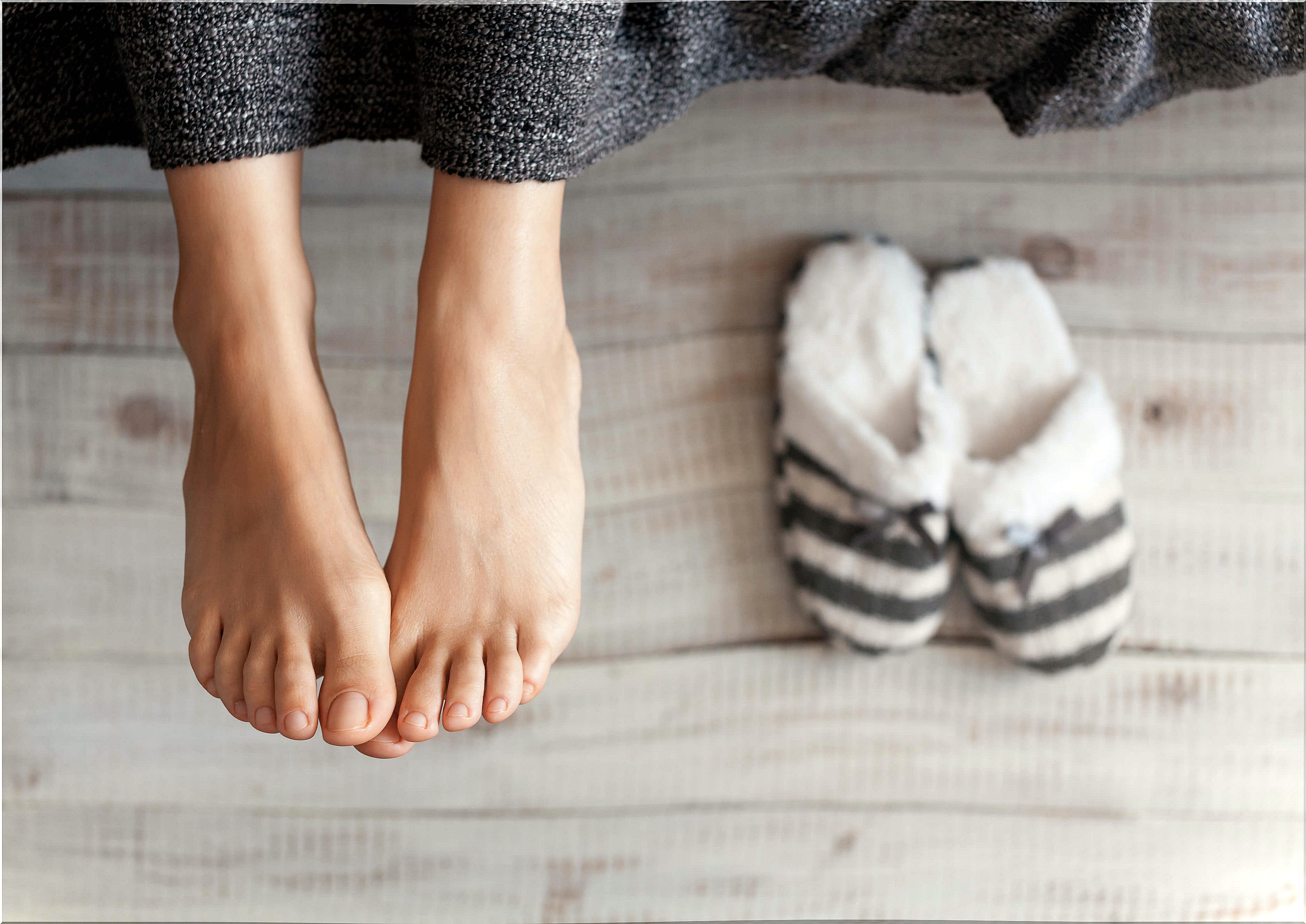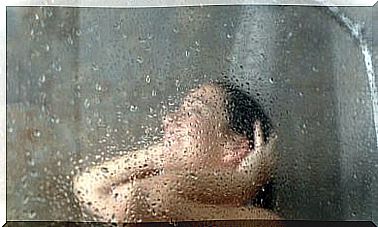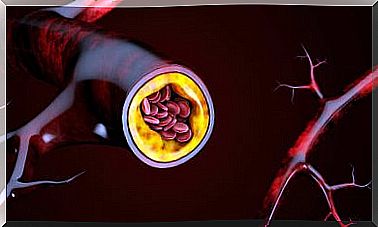6 Things That May Be Causing You Cramps
Cramps are involuntary contractions of one or more muscles. They produce a sensation of pain that can be mild or intense, which can last for several minutes.
One of its main characteristics is that it prevents the muscle from relaxing instantly, causing it to become stiff and tense.
They generally involve the lower limbs, such as the back of the leg and thigh, although they also occur in the hands, arms, and other parts of the body.
Although they do not represent something serious and occur sporadically, they sometimes indicate other problems that should be given more attention. For this reason, if they become recurrent, it is best to evaluate if they have to do with any of the 6 factors that we will share below.
1. Poor blood circulation

Disorders that impede blood circulation are one of the causes that often cause painful muscle cramps.
Throughout the day, muscles depend on good circulation to receive the oxygen they need to function properly. If the blood vessels cannot transport it, the muscle cells do not process their impulses optimally and, as a result of this, contraction occurs.
It is necessary to review what is causing the poor circulation and, based on this, give it a treatment.
2. Mineral deficiency
Most patients who experience recurrent cramps are magnesium deficient. However, the lack of this mineral is not the only one related.
In general, the muscles can suffer from this ailment due to a low concentration of electrolytes due to the imbalance of potassium, calcium and sodium.
It is very common among athletes and people exposed to demanding physical activities since, through sweat, these substances are eliminated.
- To counteract this, it is essential to consume isotonic drinks, especially after training.
- Likewise, the consumption of these nutrients should be increased, either through fruits, vegetables or any healthy food that contains them.
3. Dehydration
Muscle cramps or spasms are more common in hot climates or the summer months. However, it does not mean that the temperature itself is the cause.
Loss of fluids due to perspiration, as well as poor water consumption, can lead to this annoying symptom.
Dehydration sensitizes nerve endings and triggers contractions in different muscle groups in the body.
- In order to avoid this, the consumption of 6 to 8 glasses of water a day is recommended.
- It is also advisable to ingest infusions, natural juices or fruits rich in water.
4. Physical overload
Excess physical activity, whether from a marathon, high intensity training or specific work, can cause leg cramps in hours after its completion.
When the muscles become too exhausted, the muscle cells become irritated and cannot process the electronic signals they receive correctly.
- To avoid this, and to prevent other injuries, it is essential to adopt training plans according to physical capacity.
- In addition, before and after finishing a routine, warm-up and stretching exercises should be performed, respectively.
5. Cold temperatures

Exposure of the body to low temperatures, especially in a sudden change from hot to cold, can lead to a strong tension of the muscles. These types of cramps are less common and can be avoided by taking steps to keep body heat at stable levels.
6. Anatomical and medical reasons for cramps
Cramps are so common that many fail to imagine that they can be caused by anatomical and medical reasons. Although the latter should be evaluated by a specialist, the possibility should not be ruled out.
These causes include:
- Hepatic cirrhosis.
- Constricted vessels.
- Nerve injuries
- Misalignment of the legs, hips, or trunk.
- Side effects of some medications.
- Metabolic disorders such as diabetes, hypothyroidism, and hypoglycemia.
- Neurological diseases such as Parkinson’s disease, motor neuron diseases or primary diseases of the muscles (myopathies).
- Venous insufficiency and varicose veins.
We dare to assure that everyone, at least once in our life, has faced this uncomfortable symptom.
Treatment is not usually necessary because they disappear quickly. However, if they appear constantly, especially at night, it is best to consult your doctor.









